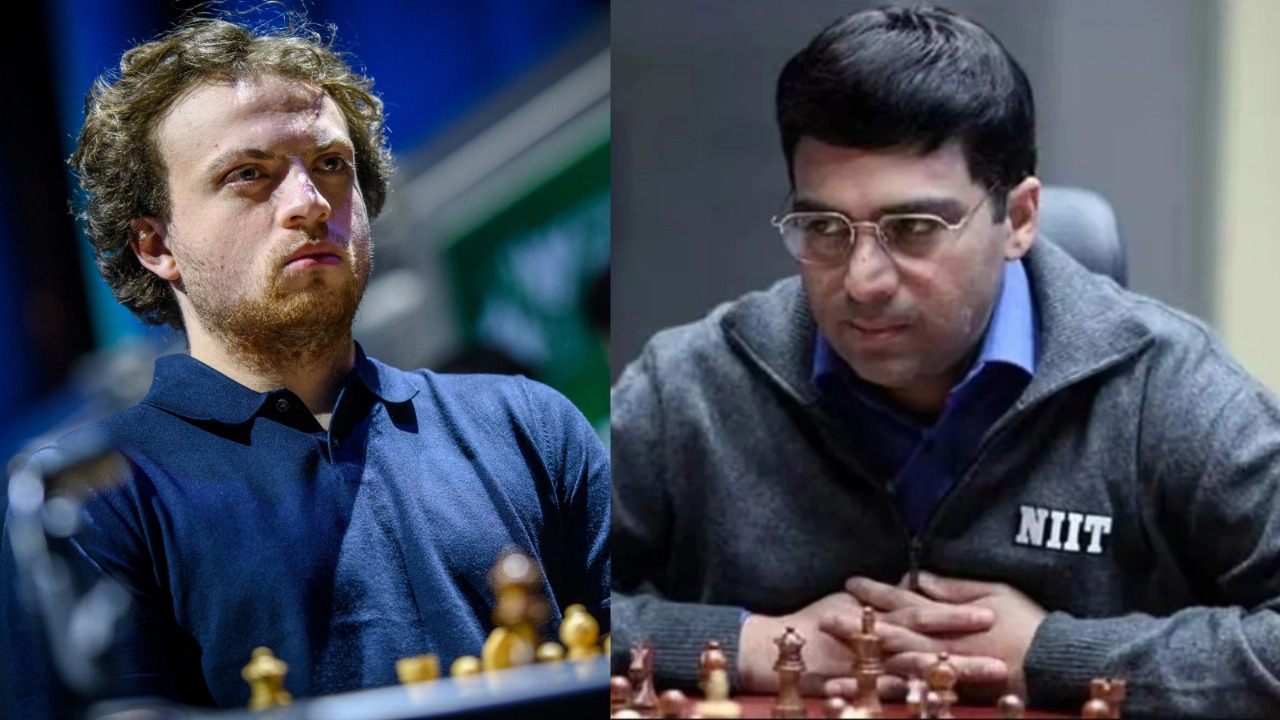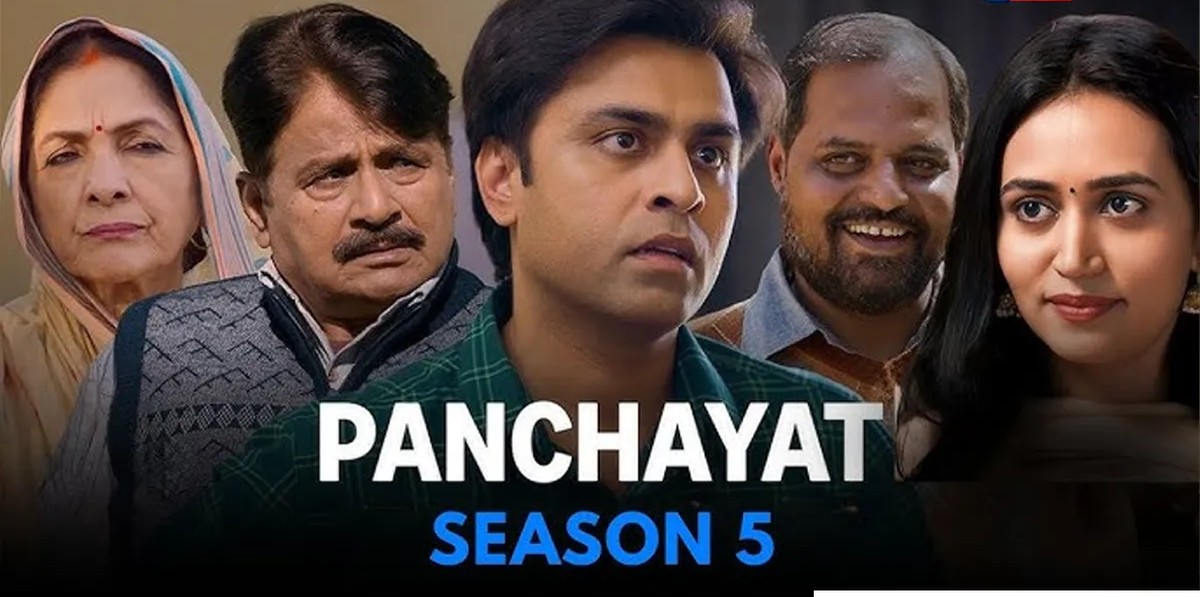
Follow WOWNEWS 24x7 on:

American Grandmaster Hans Niemann recently stirred debate in the chess world by advocating for the introduction of a ratings decay system, similar to the one used in professional tennis. Niemann cited the example of Indian chess legend Viswanathan Anand, who retains a high rating despite playing only a limited number of classical games annually, calling into question the fairness and accuracy of the existing FIDE rating system.
Key Highlights Of Niemann’s Proposal
Current Rating System Critiqued: Niemann criticized the current system that allows players like Anand, who plays 5-10 classical games per year and mostly rapid events, to maintain high classical ratings without active competition.
Tennis-Style Rating Decay Suggested: He proposed adopting a decay mechanism akin to tennis, where players lose ranking points if inactive, ensuring ratings reflect recent performance rather than historical stature.
Competitive Eligibility Concerns: Niemann highlighted potential loopholes where less active players qualify for critical tournaments like the Candidates without competing in key events such as the Grand Swiss or World Cup.
Anand’s Playing Style Referenced: While praising Anand’s skills and solid play, Niemann noted his cautious approach and limited ambition to compete regularly at classical formats.
Call For Systemic Change: Niemann emphasized the need for chess’s rating and qualification systems to evolve with the modern game’s demands, increasing competitiveness and meritocracy.
Context Of Recent Controversies: The remarks also relate to controversies where players like Hikaru Nakamura faced criticism for avoiding major events and trying alternative routes to qualify for elite tournaments.
Understanding Ratings Decay In Tennis: A Model For Chess?
Tennis ratings use a 52-week rolling points system where players must defend their winnings annually or lose points, ensuring rankings reflect current form and activity. Niemann argues chess, especially classical time controls, could benefit from such a model by:
Preventing rating inflation due to inactivity.
Encouraging consistent participation in key events.
Making ratings a more dynamic, current reflection of strength.
Increasing fairness in tournament qualification criteria.
The Case Of Viswanathan Anand: A Legend With A Static Rating?
Viswanathan Anand, a five-time World Chess Champion and India’s first Grandmaster, rarely competes in classical chess nowadays, with a focus on rapid formats and special events. His rating remains within the world’s top players partly because the system does not penalize infrequent play. Niemann suggests this static rating does not fairly represent current competitive ability or activity.
Implications For The Chess Community
Niemann’s advocacy brings to light challenges in balancing respect for legacy players and the need for active merit-based competition. If adopted, rating decay would:
Incentivize regular play among all rated players.
Potentially reposition rankings, affecting seedings and sponsorship.
Require structural changes in FIDE’s rating and qualification rules.
Align chess more closely with other sports emphasizing contemporary performance.
Reactions And Future Prospects
The chess community received Niemann’s comments with mixed reactions. Some support modernization for fairness and dynamism; others warn about alienating veteran players and disrupting established traditions. Discussions continue on optimizing rating systems to balance legacy, activity, and competitive integrity.
Conclusion
Hans Niemann’s call for ratings decay inspired by Viswanathan Anand’s example highlights the evolving nature of competitive chess. Adopting a tennis-style ranking system could create a more equitable, meritocratic competitive environment that rewards current form and encourages participation. As chess grows globally, such reforms might be critical to sustaining its appeal and credibility in the modern sports landscape.
Sources: The Indian Express, Newstapone, FIDE YouTube Channel, Chess.com, Reddit Chess Community




